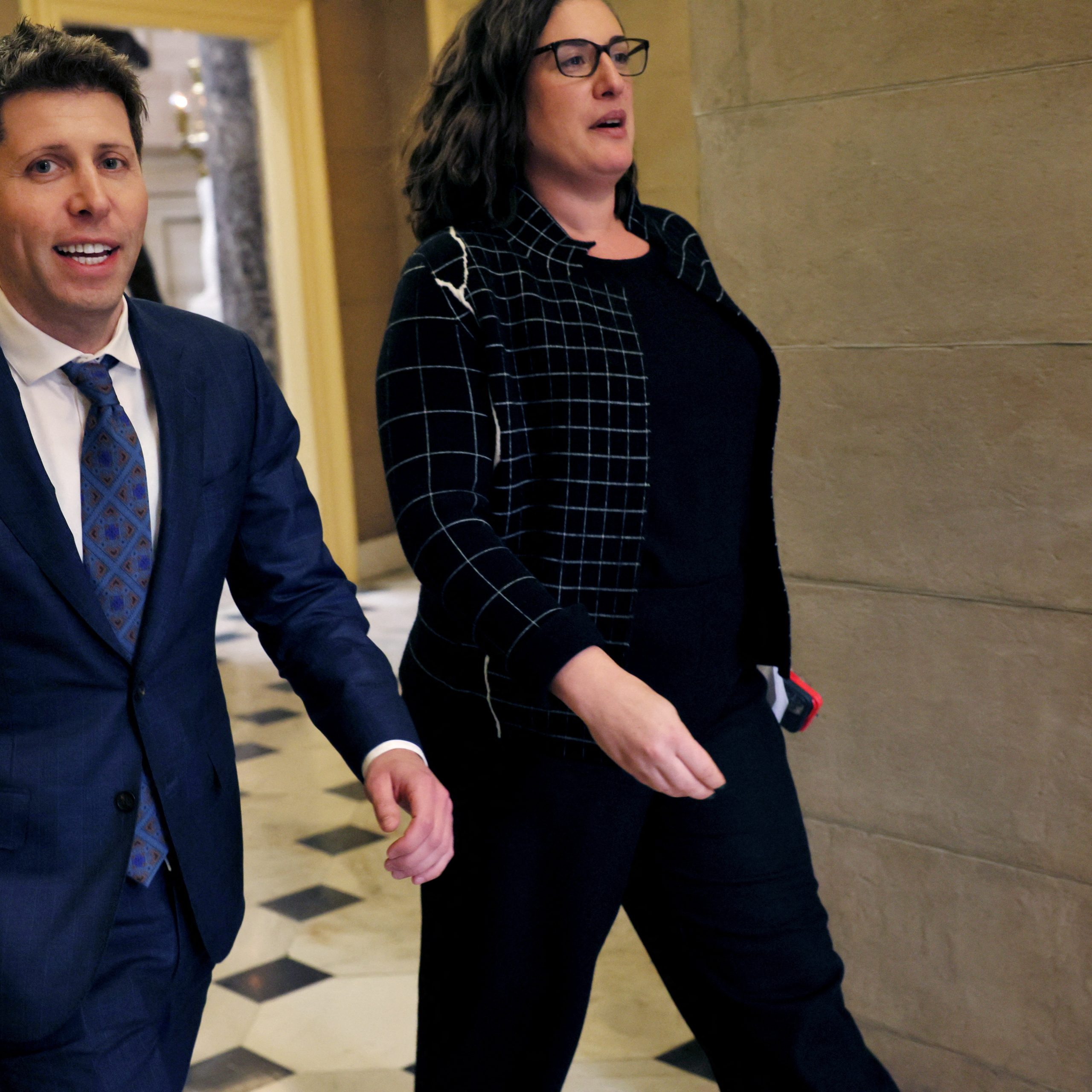In a recent blog post, OpenAI, the creator of the widely-used chatbot ChatGPT, outlined its strategy for approaching the 2024 elections on a global scale. The primary focus is on promoting transparency, providing accurate voting information, and preventing the misuse of artificial intelligence (AI). The company stressed the importance of safeguarding the collaborative nature of elections and ensuring that its AI service does not undermine the electoral process.
OpenAI discusses integrity at the 2024 elections
OpenAI recognizes the shared responsibility of protecting the integrity of elections and aims to ensure that its technology is utilized safely. Acknowledging both the benefits and challenges associated with new technologies, the company disclosed a cross-functional effort dedicated explicitly to election-related work. This team is tasked with promptly investigating and addressing potential abuses. The efforts to prevent abuse encompass various aspects, including combating misleading deep fakes, preventing chatbots from impersonating candidates, and addressing scaled influence operations.
One specific measure involves implementing guardrails on Dall-E, an image generation model, to reject requests for generating images of real people, including political candidates. Notably, regulators in the United States were contemplating the regulation of political deep fakes and AI-generated ads leading up to the 2024 presidential elections. OpenAI explicitly states that building applications for political campaigning and lobbying using its AI technology is currently prohibited. However, there are instances where politicians running for office leverage AI, such as employing campaign caller bots to connect with potential voters.
Addressing challenges and collaborating for integrity
OpenAI is actively working on continuous updates to ChatGPT, aiming to provide accurate information sourced from real-time news reporting globally. The goal is to direct users to official voting websites for more comprehensive information. The impact of AI on elections has already been a significant topic of discussion. Microsoft released a report highlighting the potential influence of AI usage on social media in swaying voter sentiment. The scrutiny extends to specific AI chatbots, with Europe-based researchers finding that Microsoft’s Bing AI chatbot provided misleading election information.
In response, Google has taken proactive measures, making AI disclosure mandatory in political campaign ads and limiting responses to election queries on its Bard AI tool and generative search. OpenAI’s commitment to transparency and responsible AI usage in the context of elections aligns with broader industry discussions on mitigating potential risks associated with AI. As technology continues to play a role in shaping the electoral landscape, the efforts of companies like OpenAI, Microsoft, and Google underscore the importance of responsible AI development and deployment in the realm of politics.
The ongoing collaboration between technology developers, regulators, and the wider public remains essential to ensuring the integrity of democratic processes in the digital age. OpenAI’s proactive approach to addressing potential challenges related to AI and elections reflects the company’s commitment to responsible technology use. As the 2024 elections approach, the intersection of AI and politics will likely continue to be a focal point of discussion and regulation, emphasizing the need for ongoing vigilance and collaboration to uphold the democratic process.





